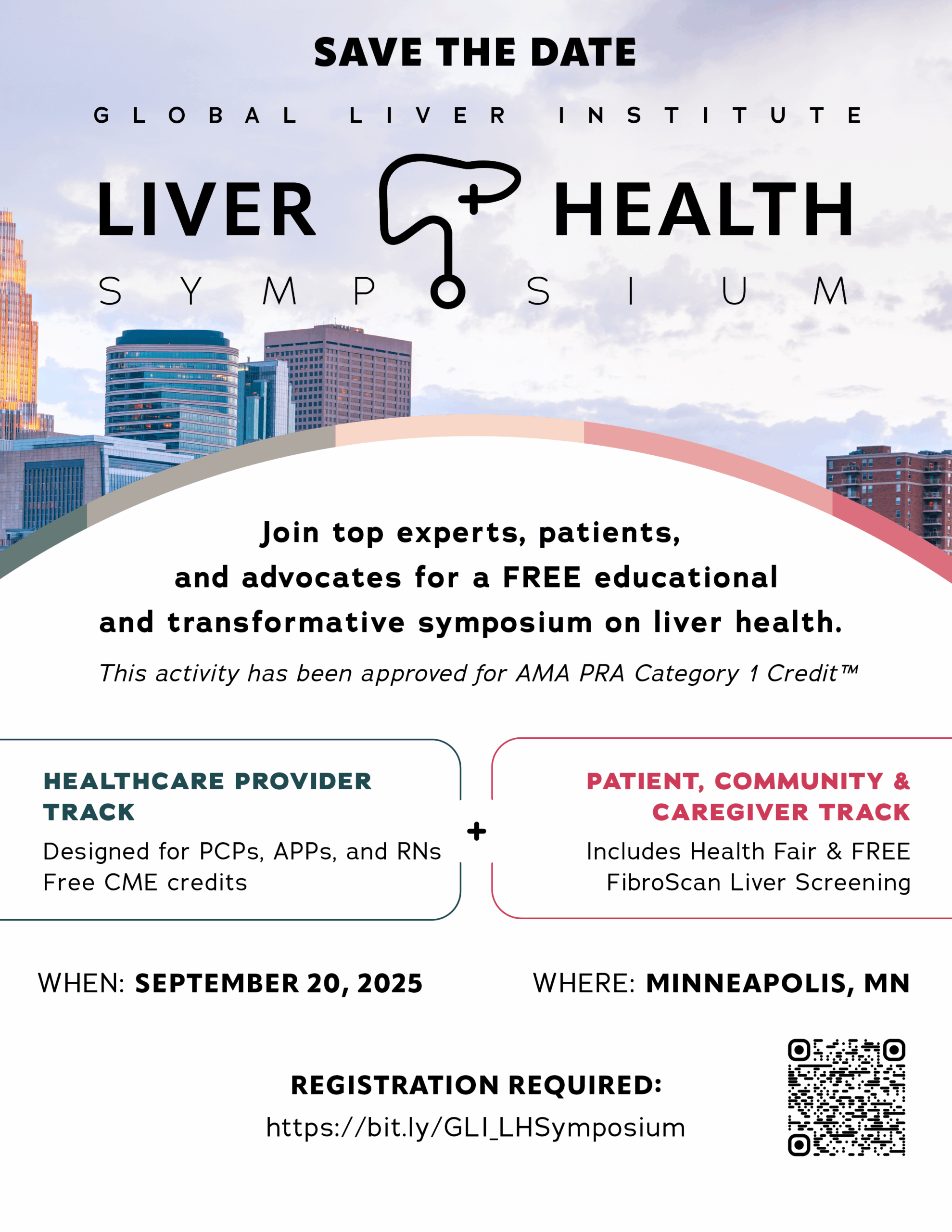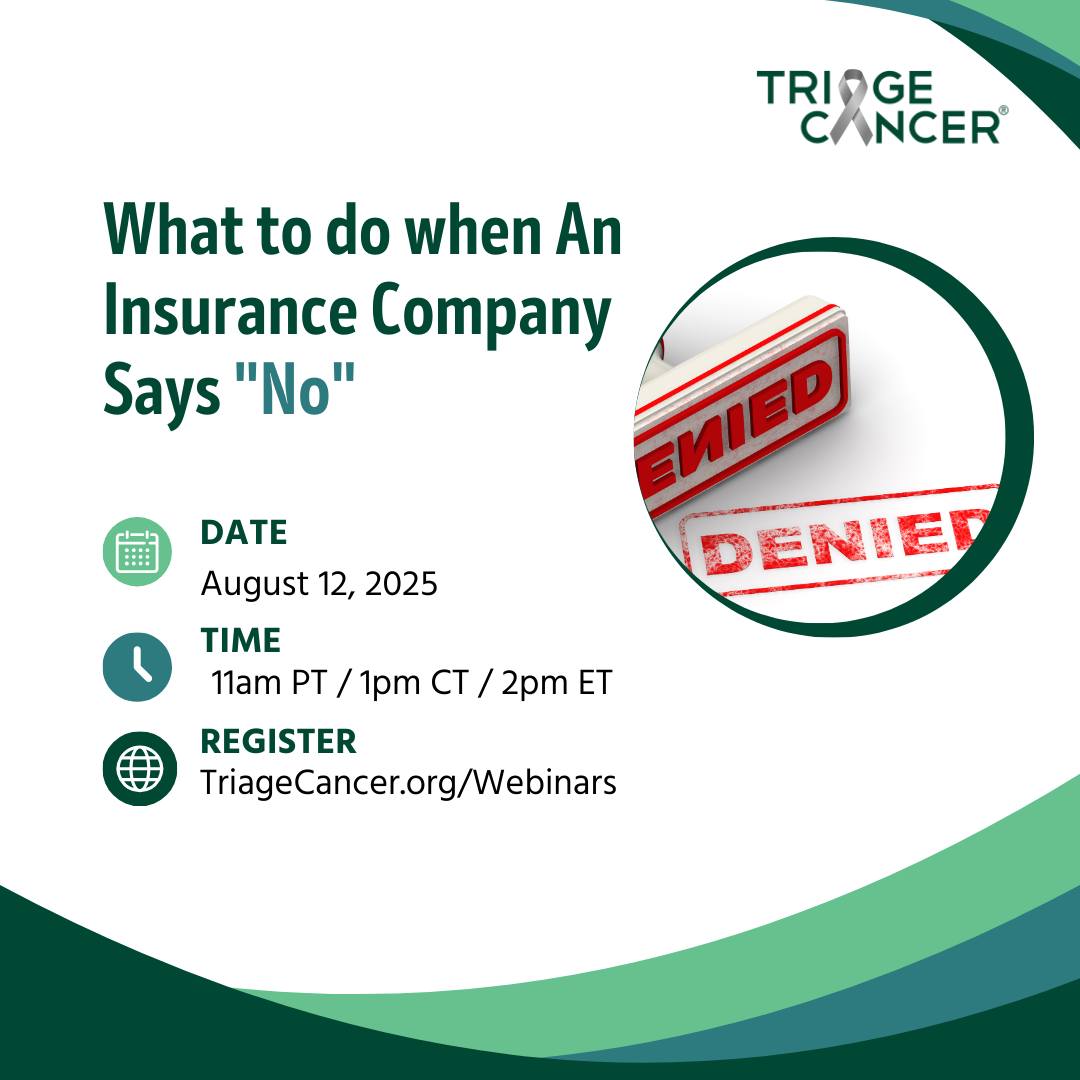
Advocacy in Action: A Global Call to Address Liver Cancer
A Note from the Liver Cancers Program Director, Sarah Manes
As the Liver Cancers Program Director at Global Liver Institute, I’m proud to share two important milestones in liver cancer advocacy that emphasize both the urgency and the opportunity we have before us.
Global Spotlight: The Lancet Liver Cancer Commission
The newly released Lancet Commission on hepatocellular carcinoma (HCC) is a powerful wake-up call to the global health community. It highlights that more than 60% of liver cancer cases are preventable through action on hepatitis, metabolic dysfunction-associated steatotic liver disease (MASLD), and alcohol use. Without intervention, HCC cases could double by 2050—reaching over 1.5 million new cases annually and 1.37 million deaths.
The Commission’s findings are a strong push for meaningful change:
- Early screening in high-risk populations (especially for MASLD and viral hepatitis)
- Equitable access to care and treatment
- Palliative care integration
- Preventive policies (e.g., hepatitis vaccination, liver screening, alcohol pricing, food labeling)
These are areas GLI has long championed—and where we are committed to accelerating progress.
Patient Voices: JCO Global Oncology Study Featuring GLI
Complementing the Commission’s data-driven urgency is a critical lens into the real-world lived experience of those affected. In a recent qualitative study published in JCO Global Oncology, liver cancer patients and caregivers reflected on their journeys—from diagnosis to decision-making and survivorship. GLI was honored to help connect several of these patients and families into this study. A special thanks to Liver Cancer Council member, Dr. Patricia Jones, who led the research on this important study.
The study, “Patient and Caregiver Perspectives on Navigating Liver Cancer”, found that:
- Many patients were unaware of liver cancer risk factors prior to diagnosis.
- A lack of provider communication, screening, and timely referrals left them feeling isolated and uninformed.
- There was a clear call for more culturally competent care, peer connection, and educational support throughout the care continuum.
These findings clearly show that health systems change must be informed by patients’ voices, not just statistics. GLI remains committed to elevating those perspectives in everything we do—from policy to programming.
Together, these two landmark publications paint a comprehensive picture: liver cancer is preventable, yet rising, and patients are too often left out of both the prevention and care narrative.
At GLI, we help bring people together and make sure their voices are heard — linking data with human experience, policy with action, and communities with solutions. The time to act is now. And the time to center patients—always.
Warm regards,
Sarah Manes, Liver Cancers Program Director at GLI
cancer@globalliver.org
Global Liver Institute’s Liver Health Symposium is Next Month
Global Liver Institute’s Liver Health Symposium is coming to Minneapolis, MN on Saturday, September 20, 2025—and you’re invited! This FREE, in-person event is open to both community members/patients and healthcare providers, with two distinct tracks designed to meet your needs.
For Community Members & Patients:
Learn how to protect your liver, understand your risk, and take action for your health. Hear from local healthcare experts and patient advocates, explore educational health booths, ask questions in live Q&A sessions, and receive a free liver screening.
For Healthcare Providers:
Join leading experts from Mayo Clinic and other top institutions to improve your knowledge of liver disease detection, management, and treatment. Earn free CME credits while gaining practical tools to improve patient care and participate in a provider-only workgroup focused on advancing liver care delivery.
Don’t miss this opportunity to get informed, empowered, and connected.
Emerging Insights
The Roots of Wellness in Older Cancer Survivors
A new study done by Wendy Demark- Wahnefried and team found that in cancer survivors aged 65 and older, gardening reduces the risk of comorbidities. A clinical trial conducted from 2016 to 2022 with 381 participants found that vegetable gardens can improve physical and mental health in cancer survivors. Those who maintained a vegetable garden for one year, saw physical improvements in lower body strength, a 0.3 increase in fruit and vegetable intake, and an increase in healthy gut bacteria. These effects were amplified in individuals who were within 5 years of their cancer survival.
New Drug Targets ‘Zombie Cells’ in Effort to Prevent Liver Disease, Cancer
In a study done by Tulane University, researchers developed a drug called 753b, which targets what are known as senescent cells. These cells permanently stop dividing but still remain metabolically active. This can cause buildups in tissue, which can damage it. 753b targets two types of proteins that senescent cells require to survive. This drug has been shown to reduce the amount of fat and scar tissue build up in the liver, which can reduce the risk of a number of liver diseases. The drug is a part of a larger class of senescent cell targeting drugs called senolytics. Those with metabolic dysfunction-associated steatotic liver disease or at risk of MASLD should consider speaking with their primary care provider for more information about 753b and its sister drugs.
The Role of Glucocorticoids in Hepatocellular Carcinoma
This study investigates the role glucocorticoids, a type of steroid hormone, affects HCC and patient prognosis. The study looked at genes related to glucocorticoid in tumor samples. Two subtypes were found to exhibit poorer prognosis. Both were found to have differences in immune cell types, revealing a potential immune response. Drug sensitivity analysis indicated that these two subtypes may respond better to drugs like Bortezomib and Dactinomycin. A prognostic model identified four glucocorticoid-related genes linked to HCC progression. DGIdb predictions showed these genes are targetable by various drugs. Immunohistochemistry confirmed altered expression of these genes in tumor tissues, underscoring their diagnostic and therapeutic potential.
A Call to Reclassify the Delta Hepatitis Virus as an Orphan Disease
Hepatitis D remains one of the most neglected and severe forms of viral hepatitis. A newly published article in Hepatology Communications, co-authored by GLI’s CEO, Larry Holden, makes a compelling case to reclassify HDV as an orphan disease, a move that could drive much-needed funding, research, and treatment access for the millions affected globally.
At GLI, we believe that no liver disease should be left in the shadows. Greater awareness of HDV is essential to advancing liver health.
⬇️ Tools and Resources ⬇️
Global Liver Institute has Partnered with Triage Cancer on Their Upcoming Webinars
We’re partnering with Triage Cancer on their upcoming webinar What to do when an Insurance Company Says “No”. This FREE webinar, happening on August 12, 2025 at 11am PT | 1pm CT | 2pm ET, will explain the appeals process for individual and employer-sponsored health plans, Medicare, and Medicaid. Triage Cancer’s webinar series discusses the practical and legal issues impacting people beyond diagnosis. Every webinar is open to the general public, and healthcare professionals can receive free continuing education.
Talking to Your Doctor About Hepatitis C
With treatment, 95% of hepatitis C infections are curable. Learn about the impact of Hep C among BIPOC (Black, Indigenous, People of Color) Americans, and the importance of culturally competent care when seeking treatment for Hep C in this resource created by ShareCare, in partnership with GLI.
Culturally Relevant Tools to Increase Hepatitis B Screening in Asian American Communities
Research shows that culturally tailored information and videos, delivered in the audience’s primary language, can significantly boost hepatitis B screening rates, especially among the Asian American population. When people have the best chance to understand and connect with new knowledge, they are more likely to take action, especially when it comes to healthcare.
Upcoming Events:
- August 12, 2025: When Insurance Says “No”, Webinar
- August 19, 2025: Navigating Healthcare: How to Plan Ahead, Webinar
- August 26-27, 2025: Liveright Webinar: Understanding Hepatitis D
- September 5-8, 2025: Global Liver Institute’s Advanced Advocacy Academy (A3), Washington, D.C.
- September 20, 2025: Liver Health Symposium, Minnesota
For more information about the Liver Cancers Council or to learn more about joining, please visit https://globalliver.org/liver-cancers-council/ or email cancer@globalliver.org





